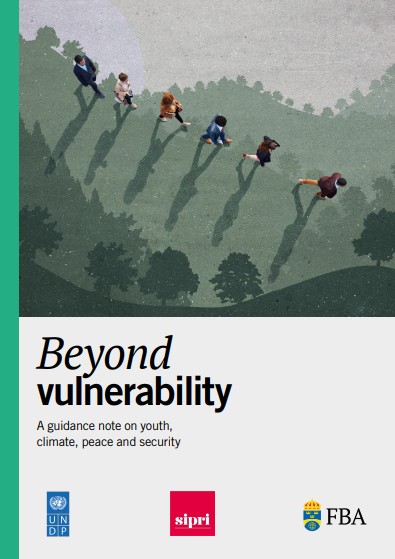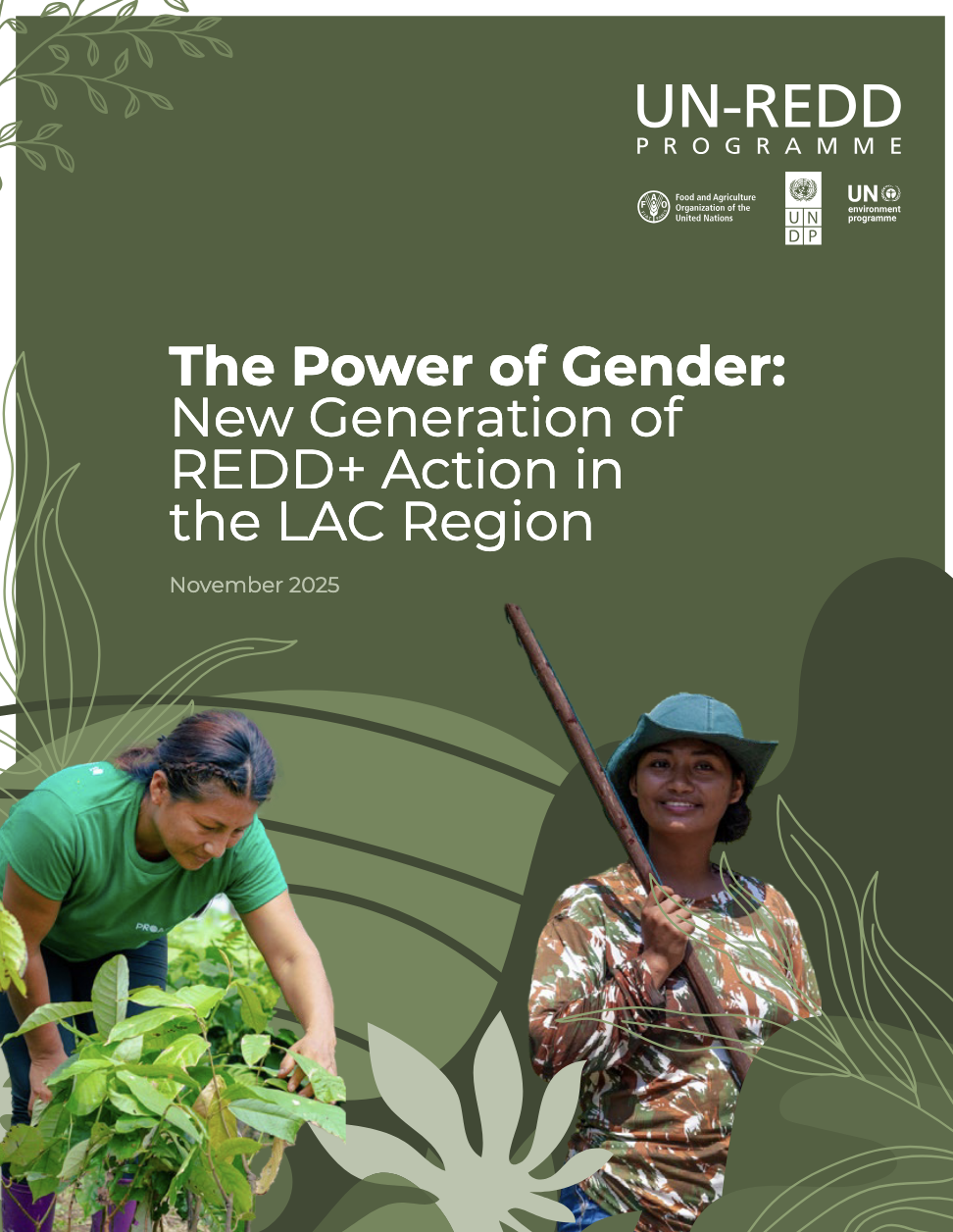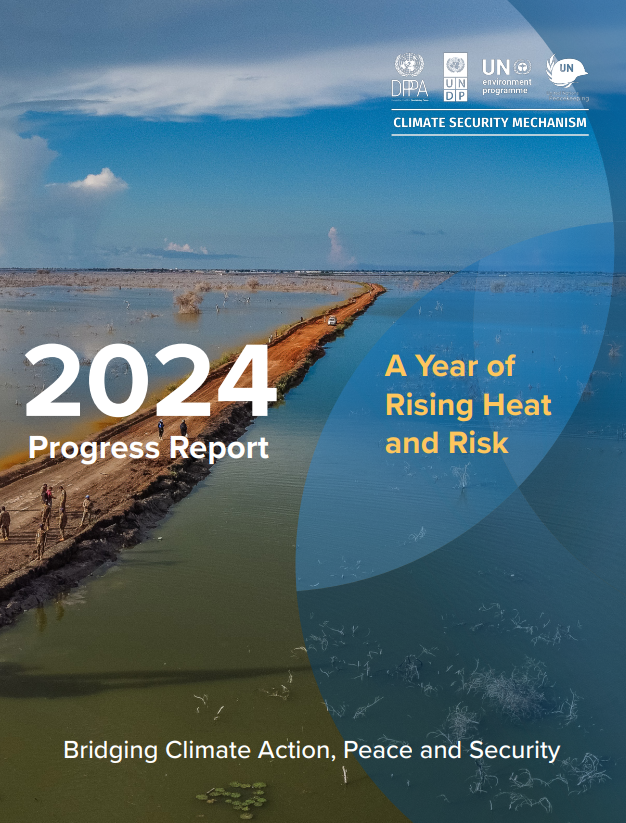Beyond vulnerability: A guidance note on youth, climate, peace and security

Around 47 percent of youth aged 18–29 live in countries with extreme or high levels of conflict, and 75 percent reside in less developed regions. Among them, 250 million are in least developed countries (LDCs), where climate change hits hardest, especially in the Sahel, Horn of Africa, and Central Africa. These areas face overlapping challenges of climate hazards, insecurity, and youth vulnerability.
In response, young people are driving efforts in climate mitigation, adaptation, and peacebuilding, reducing resource conflicts, enhancing carbon storage, and promoting sustainable livelihoods. Global youth networks also advocate for disarmament to reduce military emissions and engage in legal actions and activism for policy change.
This Guidance Note, developed by the Folke Bernadotte Academy (FBA), the United Nations Development Programme (UNDP), and the Stockholm International Peace Research Institute (SIPRI), with input from a Sounding Board of experts, is the first of its kind to bridge the Climate, Peace, and Security (CPS) and Youth, Peace, and Security (YPS) agendas. It highlights youth-led efforts to address climate-related security risks and provides practical guidance for advancing a unified agenda on youth, climate, peace, and security, emphasizing the importance of recognizing and supporting youth’s transformative role.


